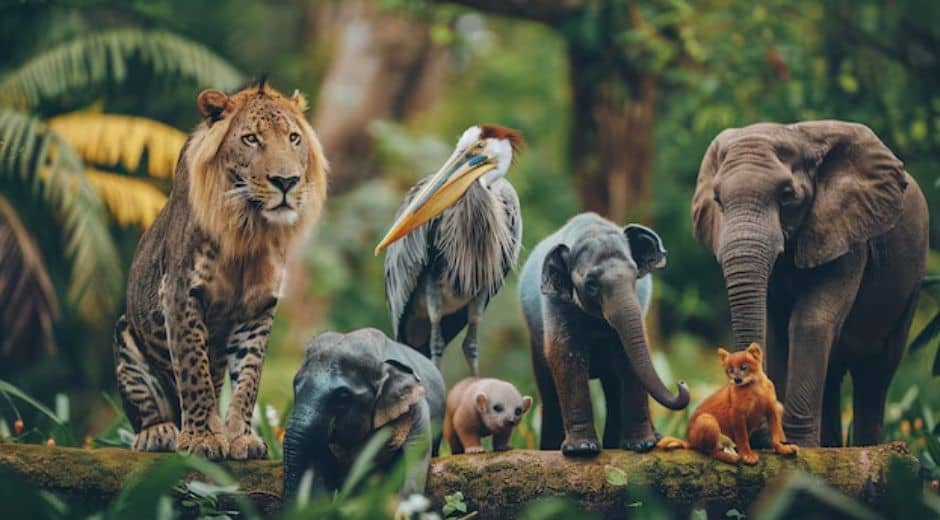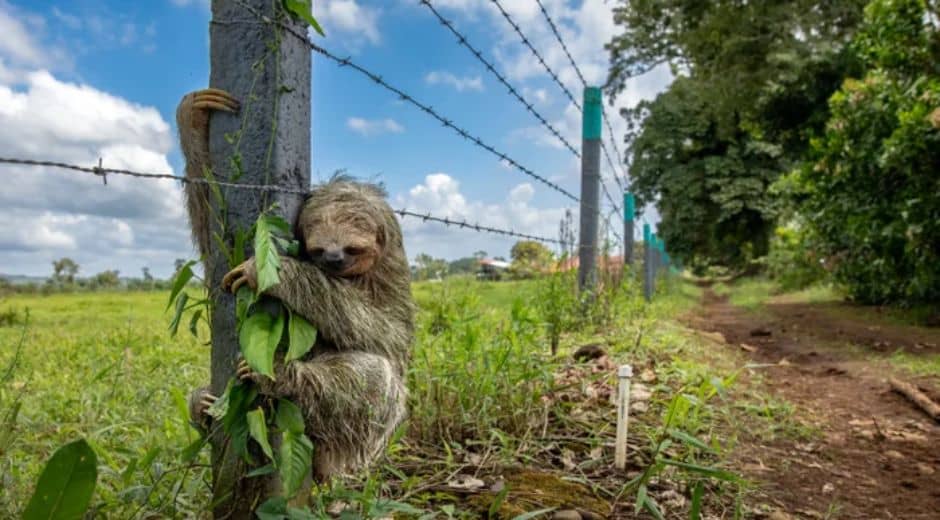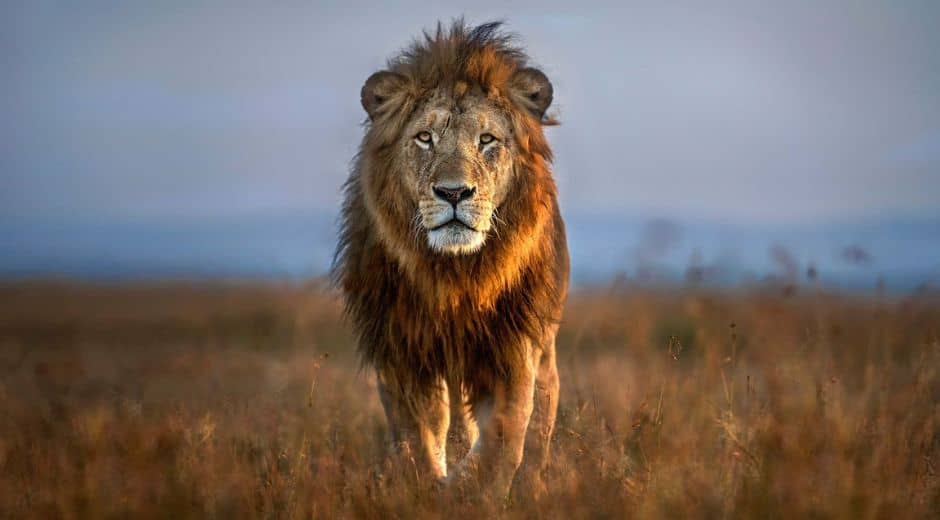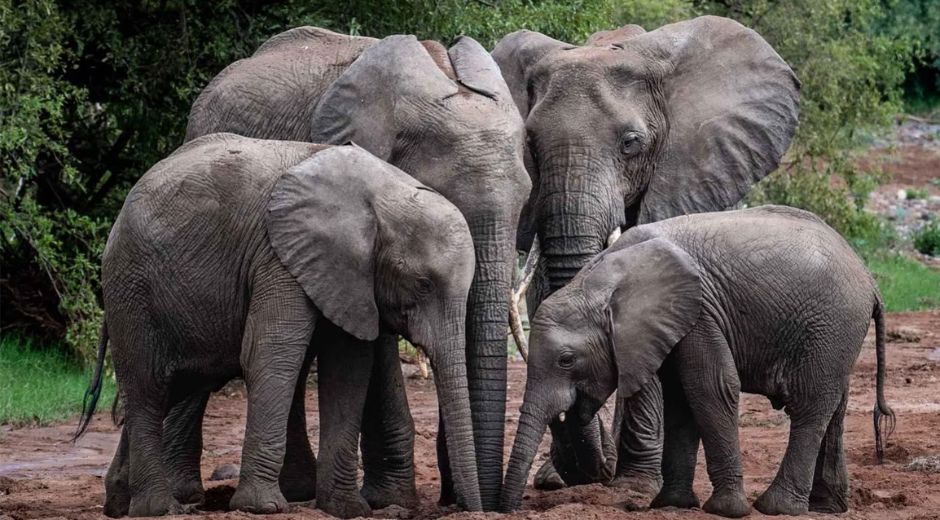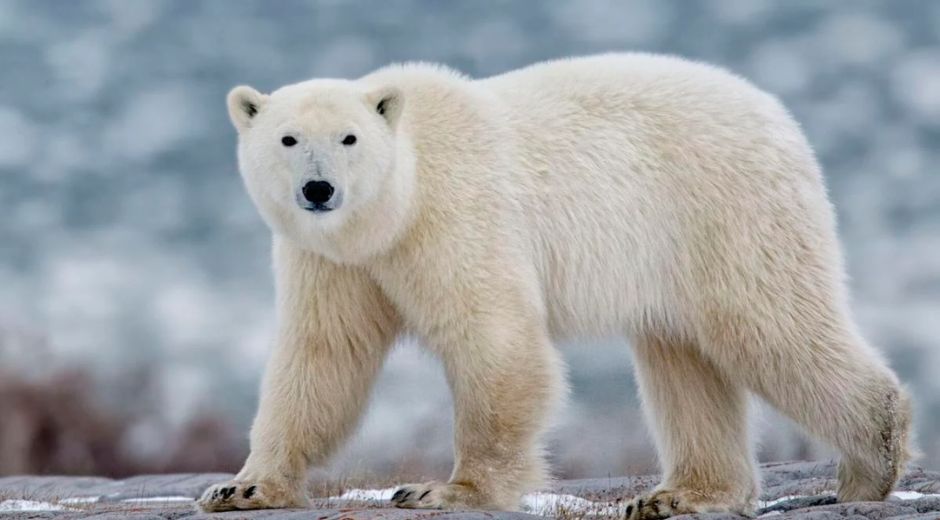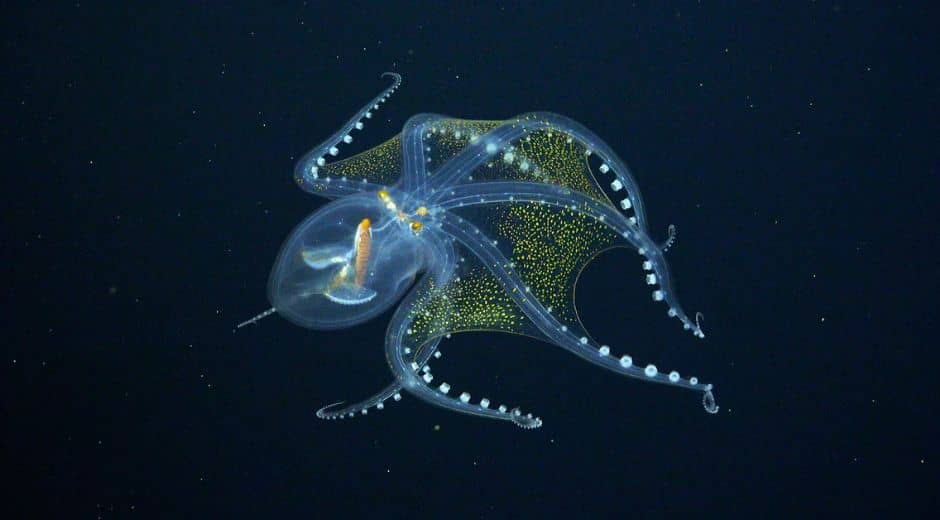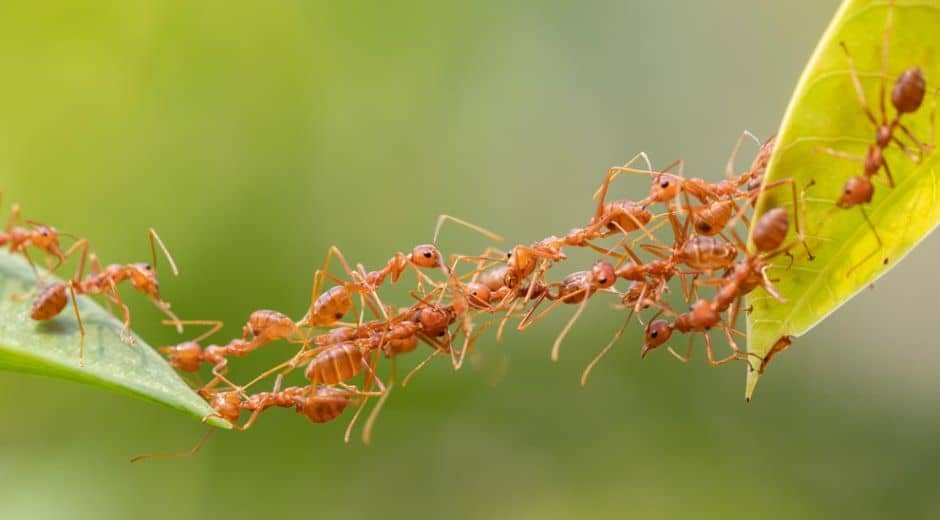Wildlife Magic: 7 Inspiring Lessons from the Wild
The magic of wildlife lies in its silent wisdom. Every creature, from the smallest insect to the mightiest predator, plays a role in maintaining balance across the planet. Observing how animals live, adapt, and thrive reveals lessons that are deeply relevant to humans. These insights aren’t just about survival — they teach us compassion, patience, and respect for life in all its forms. Here are seven powerful lessons we can learn from the wild and apply to our daily lives.
1. Adaptability Is Strength
Within wildlife ecosystems, adaptability defines success. Species that adjust to changing environments — like polar bears adapting their hunting methods as ice melts or birds altering migration paths — demonstrate resilience. In human life, adaptability helps us face uncertainty with courage. When we stay open-minded, we evolve rather than resist. Just as the fox thrives in both forest and city, we too can learn to find opportunity within disruption.
2. Cooperation Outlasts Competition
Nature is full of partnerships that keep ecosystems alive. Bees pollinate flowers, ants build colonies together, and dolphins hunt in synchronized harmony. These examples of cooperation within wildlife remind us that success often depends on teamwork, not rivalry. Humans, inspired by this natural unity, can achieve greater outcomes when we share goals, respect diversity, and work together toward common good rather than personal gain.
3. Balance Beats Extremes
Balance is the invisible thread that sustains all life. In wildlife communities, every predator, plant, and prey has a role that maintains harmony. When balance breaks, entire ecosystems suffer — just as human societies face issues when consumption exceeds limits. The lesson is simple: moderation leads to sustainability. Living in balance means choosing what we need, not what we crave, ensuring that future generations can also share in the planet’s gifts.
4. Resilience Comes from Diversity
Diversity strengthens ecosystems and societies alike. Coral reefs host thousands of species that coexist and protect each other, while forests regenerate faster when filled with a wide range of plants and animals. This truth from wildlife mirrors human life — communities rich in different ideas, backgrounds, and skills recover from crises faster. Embracing diversity isn’t just moral; it’s a key to endurance and evolution.
5. Small Actions Accumulate
In nature, even the smallest creatures make a lasting impact. A single bee ensures the growth of crops and flowers; a worm enriches soil that sustains entire forests. These acts show that little efforts matter. When we recycle, support eco-friendly products, or volunteer locally, our collective actions create ripples of change. Inspired by wildlife, we learn that progress doesn’t come from grand gestures alone — it grows from consistent, thoughtful action.
6. Stewardship Is Reciprocal
Protecting wildlife means protecting ourselves. The air we breathe, the water we drink, and the food we eat depend on thriving ecosystems. Stewardship is not about control; it’s about partnership. When humans restore forests, clean oceans, and preserve habitats, nature reciprocates by providing abundance and stability. This mutual care builds a foundation for a sustainable future, where respect guides every decision.
7. Courage to Act Matters
In the world of wildlife, bravery is survival. Migrating birds cross thousands of miles in harsh weather; elephants protect their herds fiercely despite danger. Their courage reflects a truth for humanity — meaningful change requires bold action. Whether it’s standing up for conservation, advocating for climate policies, or changing our habits, courage transforms understanding into movement. The wild teaches us that strength lies not in domination, but in defending what matters.
Why Food Choices Help Protect Nature
Our diet directly affects wildlife around the globe. Unsustainable farming and overfishing destroy habitats, while plant-based and locally sourced foods ease that pressure. Making informed food choices supports both biodiversity and climate health. To explore how mindful eating contributes to environmental protection, visit Taste Flavor Book — a destination where delicious meals meet sustainable living, showing that food and nature can flourish together.
Conclusion: Lessons in Action
Every lesson drawn from wildlife is a call to reconnect with the planet. Adapt, cooperate, seek balance, value diversity, act consistently, protect what sustains you, and be brave. The wild is not separate from us — it is a reflection of who we are and who we can become. When humanity learns from nature’s wisdom, a future of harmony and renewal becomes possible.
For more inspiring stories, practical eco tips, and nature-focused insights, visit Bio Nature Vista — your trusted source for exploring the connection between humanity, sustainability, and the wonders of wildlife.
Nature Inspires Every Step

Canopy Stratification and the Hidden Layers of Forest Life
Canopy Stratification and the Hidden Layers of Forest Life
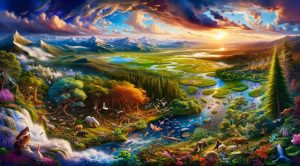
Understanding Natural Systems And Their Interconnections
Understanding Natural Systems And Their Interconnections
